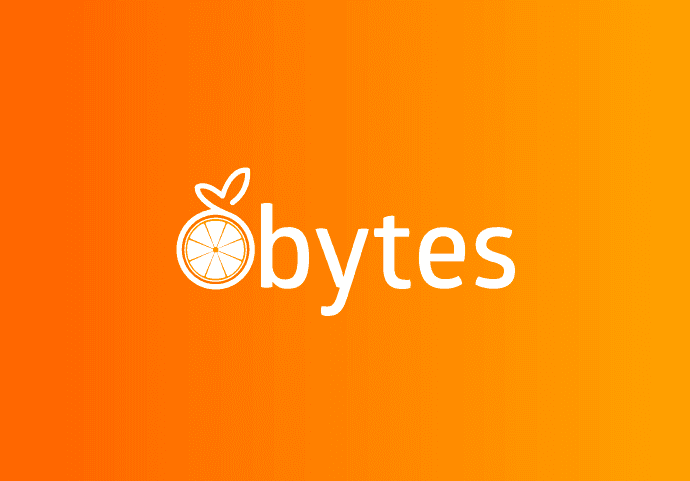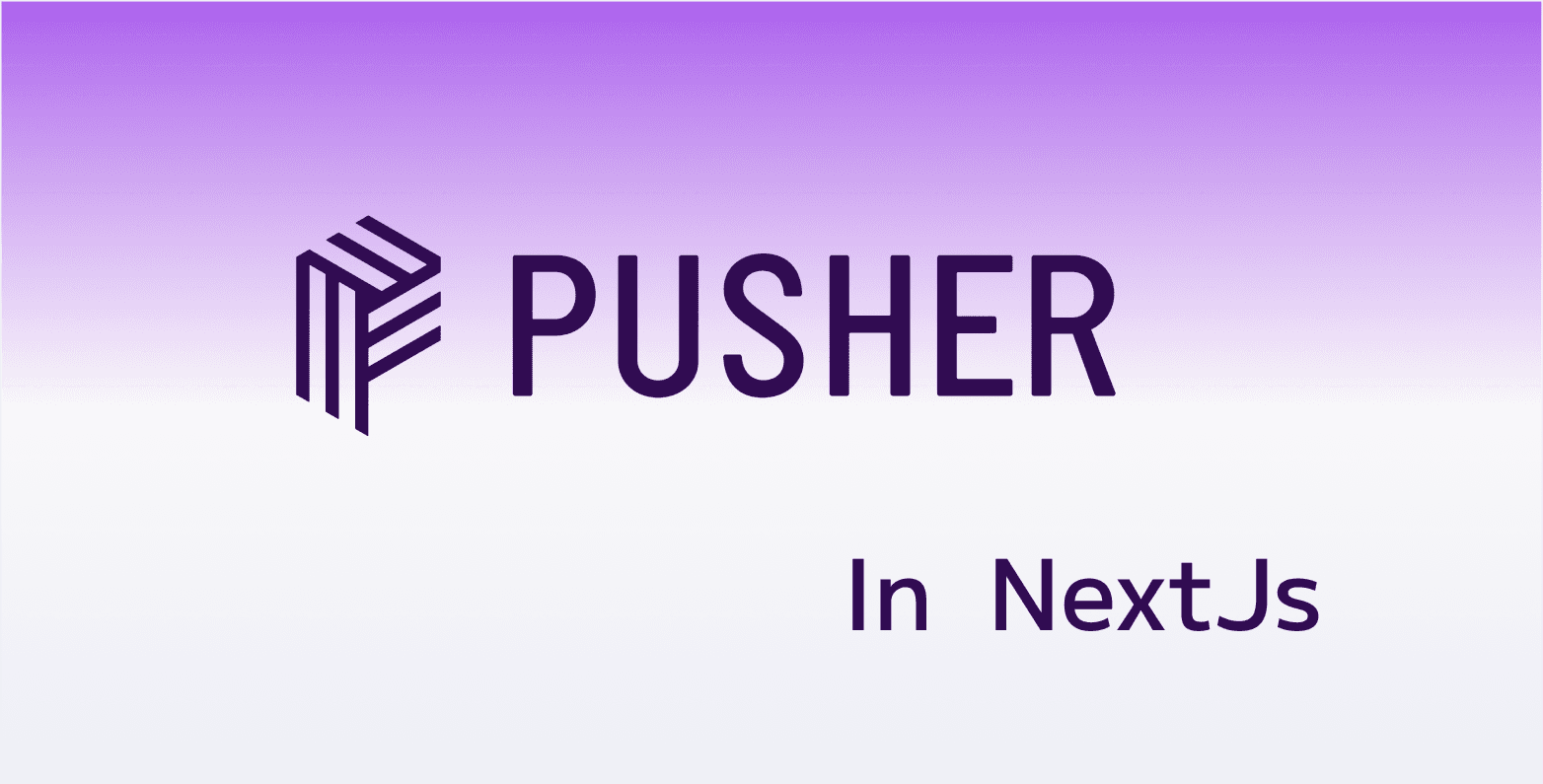The rapid evolution of artificial intelligence has led to the emergence of highly advanced AI agents that can reason, solve problems, and perform intricate tasks. However, a significant challenge persists: how can these AI agents effectively interact with the diverse array of external tools, APIs, and data sources that are essential for their functionality? Traditionally, this has necessitated custom-coded solutions, resulting in bottlenecks and inefficiencies that hinder innovation and scalability.
Introducing the Model Context Protocol (MCP) — a groundbreaking open standard launched by Anthropic in late 2024. Often referred to as the "USB-C for AI integrations," MCP is set to become the universal language that enables AI models to communicate effortlessly with external systems. By providing a standardized framework, MCP aims to eliminate the friction involved in connecting large language models (LLMs) and autonomous agents to the extensive ecosystem of APIs, databases, sensors, and software tools they rely on.
What is MCP and Why Does It Matter?
At its essence, MCP is an open protocol crafted to ensure secure, efficient, and uniform access between AI models and external tools. Just as USB-C has eradicated the need for proprietary chargers and cables, MCP seeks to eliminate fragmented integration processes. Rather than creating custom connectors for each external service, developers can depend on a single, standardized interface that any compliant AI model can comprehend and utilize.
In a landscape where AI models increasingly function as autonomous agents — observing, reasoning, and acting on real-world data — MCP plays a vital role. It provides the "action layer," empowering models not only to suggest or infer but also to actively execute tasks by interfacing with external tools.
How MCP Works
MCP employs structured requests and responses, allowing models to query external services, gather information, and execute commands in a format that is both predictable and adaptable. The protocol encompasses authentication, error handling, and data formatting guidelines to guarantee robust, secure communication between the AI agent and the connected service.
For developers and organizations, this translates to reduced time spent on writing glue code and increased focus on refining core functionalities and enhancing user experiences. For AI agents, it offers a nearly plug-and-play capability to extend their intelligence into external applications.
Agentic AI and MCP: A Perfect Match
The power of autonomous AI agents is directly tied to their ability to engage with their environment. These agents operate within the Observe–Reason–Act loop, and MCP enhances the "Act" phase. Picture an AI assistant that can not only draft an email but also send it through your preferred email service, or suggest a restaurant and make the reservation on your behalf.
With MCP, these actions become not just feasible but scalable. This open standard ensures that AI agents can swiftly integrate new tools as they arise, without necessitating each provider to develop a custom solution.
Real-World Applications and Possibilities
-
Multi-Step, Cross-System Workflows
MCP enables intricate workflows that traverse multiple platforms. For instance, an AI responsible for organizing a corporate event can utilize MCP to:- Check venue availability via booking APIs.
- Schedule meetings in participants' calendars.
- Allocate budget resources in finance tools.
- Send email invitations to attendees. All of this is accomplished through standardized MCP requests, removing redundant integration efforts.
-
Enhanced Environmental Awareness
Envision smart home systems where AI agents, through MCP, can access IoT sensors, weather updates, and utility data. Your AI could proactively adjust climate controls, recommend energy-saving measures, or alert you to unusual activity in real time. -
Collaborative AI Societies
The idea of multi-agent systems is gaining momentum, where multiple specialized agents work together to tackle larger challenges. MCP facilitates these agents in sharing resources, delegating tasks, and dynamically coordinating across systems. -
Hyper-Personalized AI Assistants
Consumers desire digital assistants that adapt to their personal preferences without compromising security. MCP allows secure connections to personal data such as task lists, photo libraries, shopping history, and financial dashboards, enabling AI to provide personalized assistance without custom integrations. -
Enterprise Use Cases and Governance
Organizations benefit from MCP by establishing standardized connections between AI agents and internal tools. MCP also simplifies the monitoring of interactions, enforcement of security policies, and maintenance of governance protocols — all crucial for enterprise adoption.
The Future of AI Interactions
The trajectory is clearly leading toward AI agents that can do more than merely converse — they will act, automate, and collaborate across systems. MCP is at the forefront of this transformation, akin to how HTTP catalyzed the internet's expansion. It democratizes access to action-oriented AI and lays the foundation for entirely new categories of intelligent applications.
As the MCP ecosystem evolves, we can anticipate:
- An expanding catalog of MCP-compliant tools and APIs.
- Enhanced AI capabilities for both consumer and enterprise applications.
- Seamless collaboration among agents across sectors such as healthcare, finance, education, and logistics.
Conclusion: Why You Should Care
For developers, MCP signifies liberation from repetitive, fragile integration tasks. For companies, it promises quicker time to market and future-proof AI products. For end-users, it offers a new level of convenience, automation, and personalization.
Whether you are developing an AI agent today or strategizing for next-generation enterprise AI, MCP warrants your attention. It transcends being merely a protocol — it is the key to unlocking the next frontier of AI-driven innovation.





